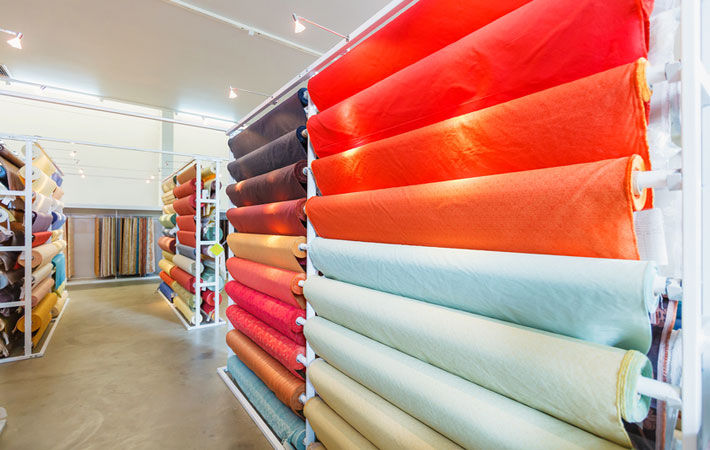NCTO offers key policy recommendations to support US industry

He detailed ways to strengthen onshoring and nearshoring of supply chains, and offered recommendations on the critical policies needed to address these illegal trade practices and rectify inequities.
The hearing was on supporting US workers, businesses and the environment in the face of unfair Chinese trade practices.
“China holds the dubious distinction of being the world’s leading purveyor of illegal trade practices that are designed to unfairly bolster a blatantly export-oriented economy,” Glas said.
“These predatory practices take many forms, from macroeconomic policies that grant across-the-board advantages to their manufacturers, to industry specific programs intended to dominate global markets in targeted areas. The US textile industry has been a longstanding victim of China’s predatory export practices,” he was quoted as saying by an NCTO press release.
“China’s virtually unlimited and unrealistic pricing power coupled with its subsidies and lack of enforceable labor and environmental standards strips benefits and undermines policy objectives throughout the US free trade and preference programme structure,” he further noted.
“A programme of maximum pressure must be developed and fully enforced to reconfigure textile and apparel sourcing patterns that currently place an unhealthy and heavily weighted dependence on China,” he added.
He urged the government to enact tax incentives and other targeted critical investments to strengthen Western Hemisphere trade relationships and re-shore manufacturing; step up enforcement of forced labour of Uyghurs and others in the Xinjiang Uyghur Autonomous Region (XUAR); firmly maintain Section 301 penalty duties on China for finished textiles and apparel products; and strengthen buy-American practices for personal protective equipment and other essential products.
He also sought immediate passage of the Miscellaneous Tariff Bill (MTB) to help manufacturers with a limited list of critical inputs not made in the US and review or close the mechanism in the MTB renewal that allows for finished products; and block expansion of the generalised system of preferences (GSP) to include textile and apparel products.
Fibre2Fashion News Desk (DS)
































-Ltd..jpg?tr=w-120,h-60,c-at_max,cm-pad_resize,bg-ffffff)





.jpg?tr=w-120,h-60,c-at_max,cm-pad_resize,bg-ffffff)
.jpg?tr=w-120,h-60,c-at_max,cm-pad_resize,bg-ffffff)






